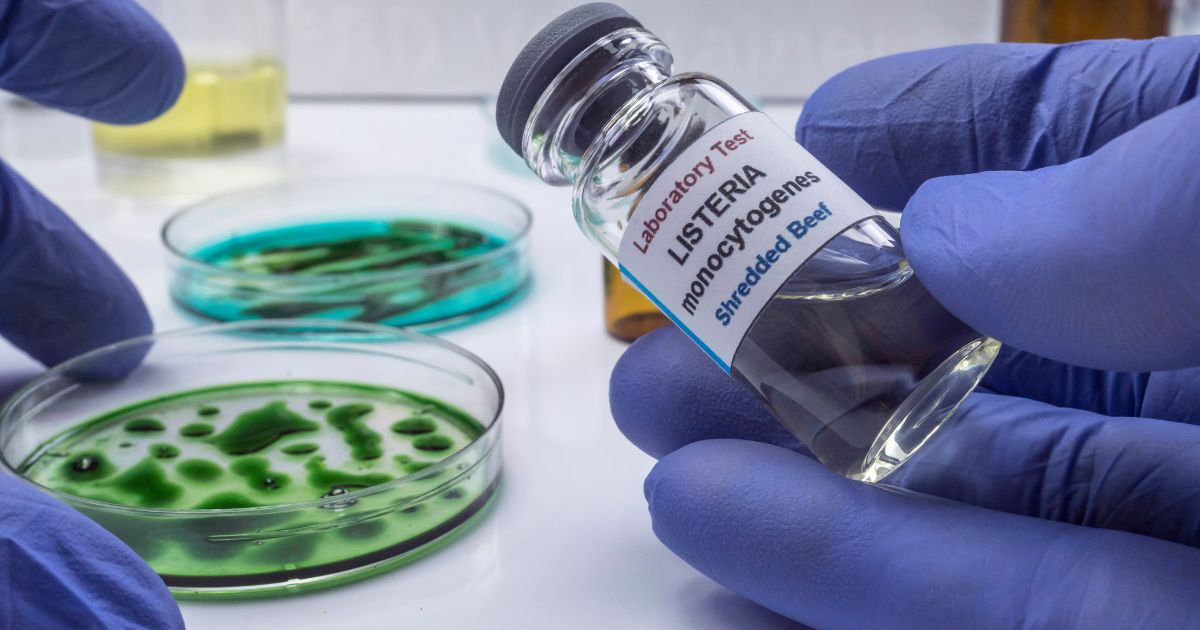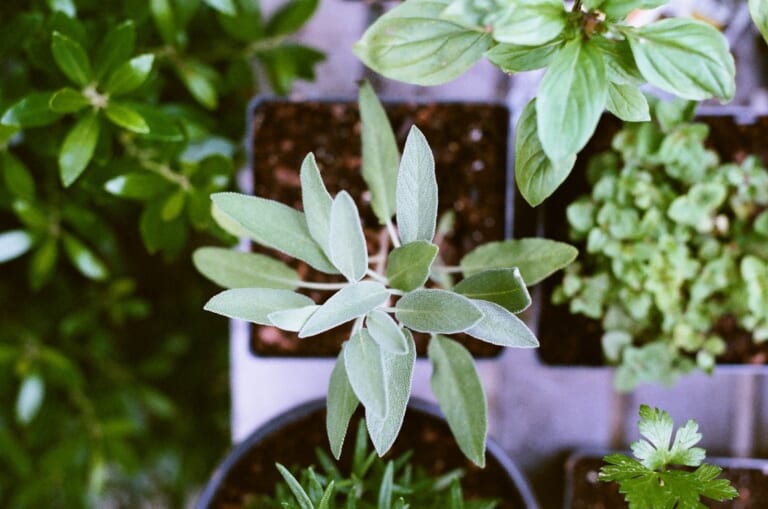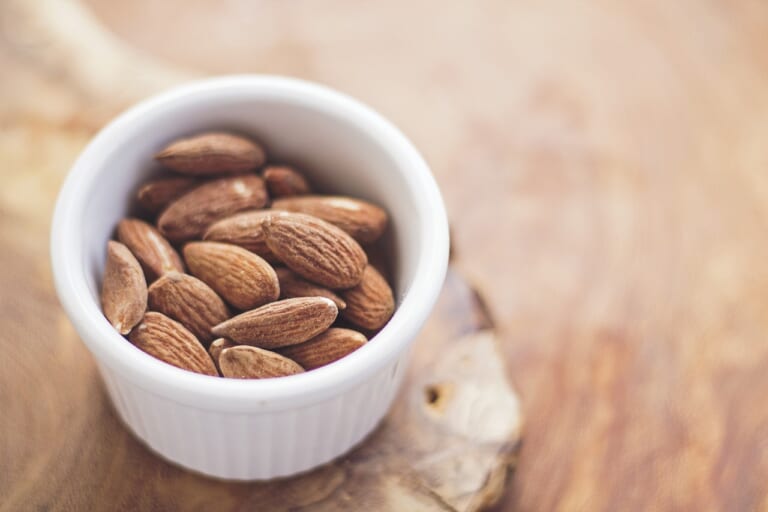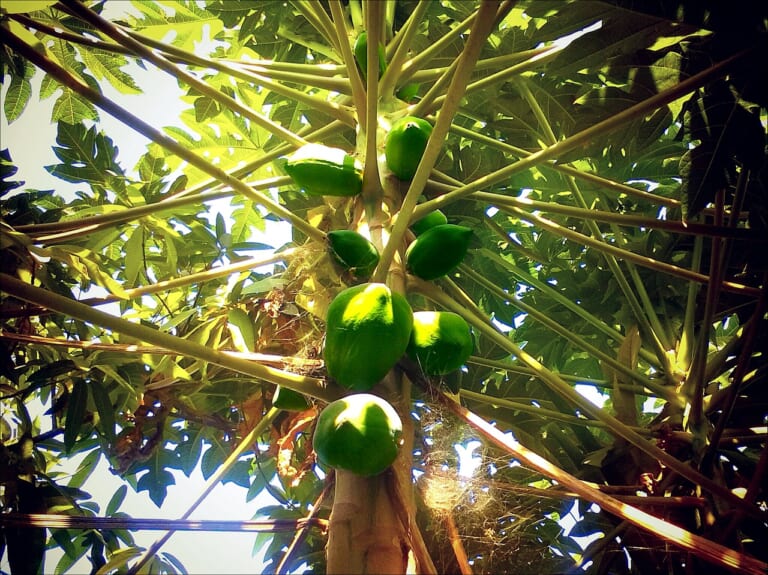How Does Listeria Develop in Certain Foods?
Listeria monocytogenes, the bacterium responsible for listeriosis, is incredibly resilient. It can thrive in various conditions, including extreme cold, and often survive food-processing techniques that eliminate other bacteria.
The high adaptability of Listeria presents a significant challenge in food safety. It can grow even at refrigerated temperatures, making it especially difficult to control in ready-to-eat foods that are stored in the fridge. Learning how Listeria develops in certain foods can help you reduce the risk of contracting listeriosis.
Where Does Listeria Originate?
In nature, Listeria monocytogenes can thrive in multiple locations, including soil, decaying vegetation, and bodies of water such as rivers and streams. The bacterium’s capacity to form biofilms aids its survival in these natural habitats. It also lives in the gastrointestinal tract of cattle, sheep, goats, and poultry, and it can be present in feces, contaminating the environment and potentially spreading to crops through contaminated manure used as fertilizer.
How Does Listeria Contaminate Food?
Contaminated machinery and equipment used in food processing can be breeding grounds for Listeria, which can survive on the surfaces of machines and spread to food during processing. Listeria can also enter the food supply through meats, poultry, and dairy products. It can contaminate fruits and vegetables through soil enriched with infected animal manure.
Why Is Listeria Particularly Worrisome?
One of the major concerns about Listeria is its ability to grow at refrigerator temperatures. Consuming infected food can lead to listeriosis, especially in individuals with weakened immune systems, causing symptoms such as fever, muscle aches, and sometimes severe complications such as meningitis.
Antibiotics for Listeria
Learning about the symptoms of listeriosis is important because treatment requires immediate action. Those at an increased risk, such as pregnant women, older people, or individuals with compromised immune systems, should seek medical attention immediately if they suspect they have consumed contaminated food. It’s important to know when to consider antibiotics for Listeria based on your age, the severity of your symptoms, and your doctor’s recommendation.
Preventing Contamination
Preventing Listeria contamination involves several steps. Food-processing plants must adhere to strict sanitation guidelines to minimize the risk. For consumers, proper food-handling and storage are crucial. This includes thoroughly washing fruits and vegetables, cooking meat to recommended temperatures, and promptly refrigerating leftovers.
Listeria is a robust bacterium that can easily contaminate the food supply. Understanding its sources, how it develops in food, and how to prevent its spread are key to safeguarding public health. Awareness is the first step toward prevention and protection.







